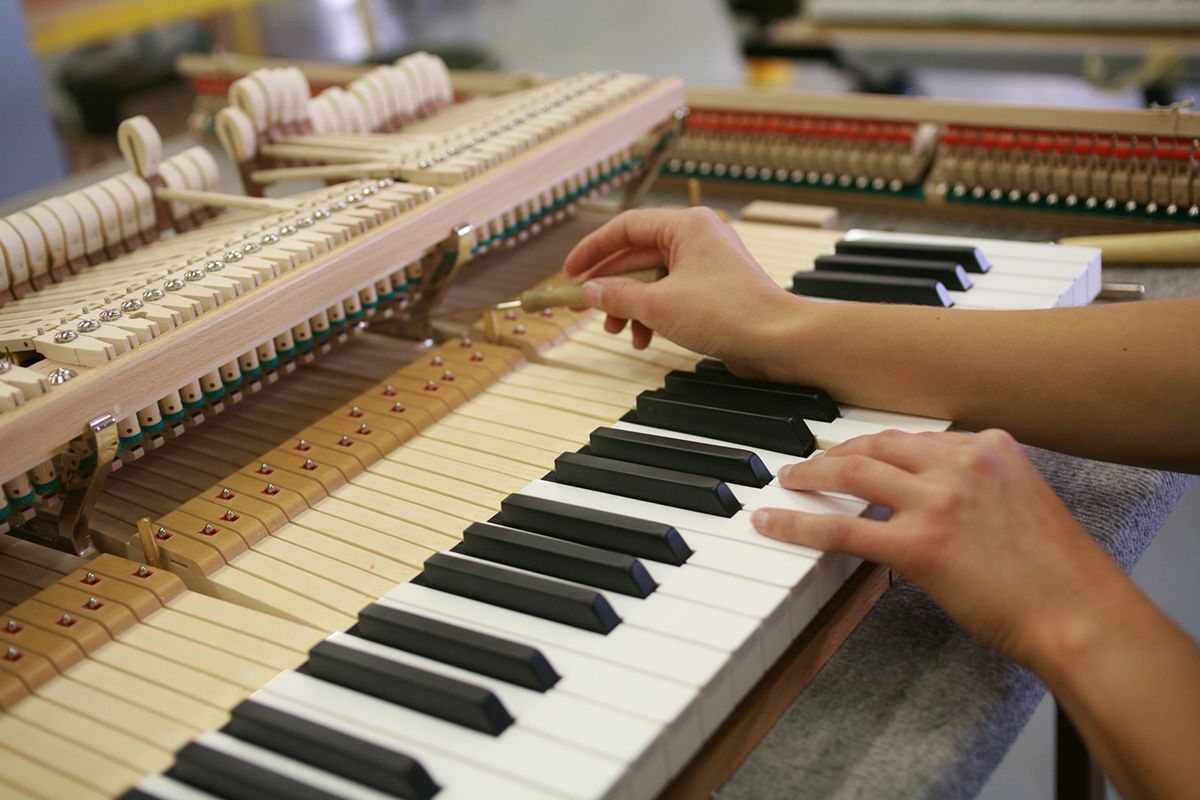Piano Maintenance Tips and Tricks
Piano maintenance is an important part of owning a musical instrument. There are many kinds of pianos, and each one requires its own particular care and attention. Paying attention to your piano and exercising a bit of patience can go a long way in preserving your piano's value and preventing you from spending excessive amounts of money, restoring your piano to its original beauty.

Understanding the type of piano
The first step in proper piano maintenance is to find out what type of piano it is. The term for this musical instrument in most dictionaries is "piano", but it is much more than that. It includes many kinds of keyboards, including grand pianos and concert pianos, and it is an instrument that produces sound through the tones or keys that respond to pressure or vibrations of the strings themselves.
Keeping it tuned
The length of time a piano will stay in tune is an important factor in determining its price. The piano will need to be tuned once every year or more, depending on how often you use it. The tune will be checked to make sure that all the strings are accurately tuned to the same note and to make sure that no damage is done to them while they are being played. Once the piano has been properly tuned, it will need to be inspected a second time in about a decade in order to ensure that the piano is in good condition.

Examining the internal mechanisms
Another thing that is necessary for piano maintenance is looking after the internal working of the instrument. A thin lacquer called lampblack, which will darken the pores on the keys, needs to be replaced at regular intervals. Piano strings will slowly swell and lose their tone over time, and this can lead to overly high sounds or even complete loss of the notes. In cases where the strings have simply broken off the piano, the owner should immediately replace them or have the instrument repaired by a professional. To know more about the maintenance of piano click here.
Regularly tend to the piano
In some cases, when the piano is left unsupervised for a period of time, it can develop what is known as "slipping", in which the keys no longer feel right to the musician playing the instrument. If not attended to, this can lead to injury and even possible permanent damage to the piano. To avoid this, it is recommended that a piano is left in the hands of a professional once in a while.

Summing up
These are just some of the considerations that must be taken into account when taking care of a piano. Keeping the piano in good working order is important and requires time and patience. Piano owners who regularly attend to their instrument are likely to have years of enjoyment from it. For this reason, piano maintenance should be done periodically.



